Solidarity
-
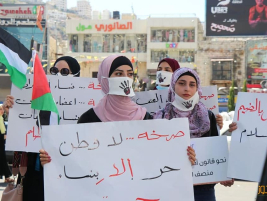
- Encountering Palestinian Women Who Stand Tall Amid Daily Crisis and Violence
-
Palestinian women who endure and resist occupation, oppression, and patriarchal structures, steadfastly continue life for the next generation.
-
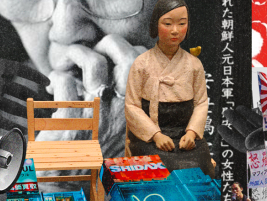
- Why the “Statue of Peace” Exhibition Is an Act of Practice
-
The solidarity practice of Japanese citizens who finally realized the exhibition of the “Statue of Peace” through the “Non-Freedom of Expression Exhibition”—more than a decade in the making.
-
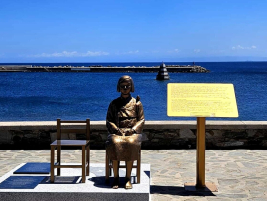
- The Statue of Peace Arrives in Stintino, Italy, Carrying a Message of Human Rights and Peace
-
A story of Stintino’s commitment to justice and humanity, its focus on raising awareness and finding solutions to end violence against women, and the arrival of the Statue of Peace in the town.
-
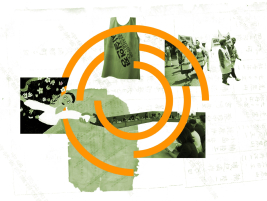
- “Voices of ‘Comfort Women’” as History in Progress
-
In 2022, as a result of Japan’s aggressive diplomacy, UNESCO’s MoW inscription rules were revised to require all documents to be submitted through national governments. Additionally, if a concerned country objects, the application is halted from entering the review process and must instead undergo a so-called “dialogue” procedure. Under these revised rules, any attempt by a victimized country to submit documents related to the Japanese Military “Comfort Women” is likely to be blocked before even reaching the review stage due to Japan’s opposition.
-
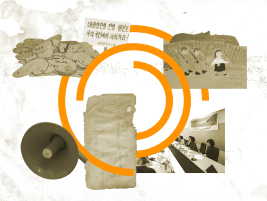
- The Unique and Irreplaceable “Voices of ‘Comfort Women’”
-
The history of the Japanese Military “Comfort Women” issue has challenged long-standing conservative cultural norms regarding women and sexuality in Asia by amplifying the voices of the victims. Moreover, it has contributed to the establishment of globally significant norms and values related to women’s human rights. This means that the records documenting the Japanese Military “Comfort Women” issue and related activities meet the criteria of “world significance.”
-
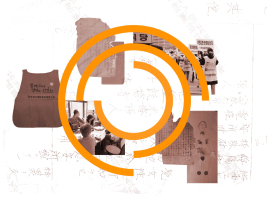
- Voices of “Comfort Women”: A Global Civic Movement for Memory
-
The suffering of the Japanese Military “Comfort Women,” one of the most tragic human rights abuses of the 20th century, should be preserved and managed as historical documentary heritage. This is crucial to prevent such atrocities from recurring and provide a lesson to future generations.
-
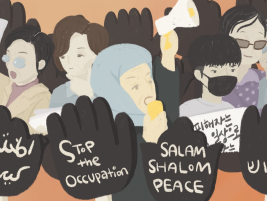
- Women’s Solidarity in Our Troubled Times of Gendered Violence and War
-
The Research Institute on Japanese Military Sexual Slavery organized an interview between philosopher Rada Iveković and anthropologist Young-Gyung Paik.
-
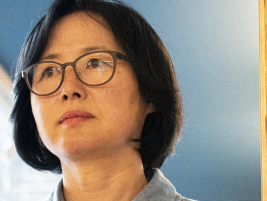
- Meeting “Comfort Women” Victims’ First “Art Teacher” - Interview with Artist Kyung-Shin Lee, Author of “Flowers Unbloomed”
-
The first “art teacher” of the “Comfort Women” survivors who live in the House of Sharing. I met and listened to the story of artist Kyung-Shin Lee, the author of “Flowers Unbloomed,” which contains the behind story of the painting class she conducted for five years from 1993.
-
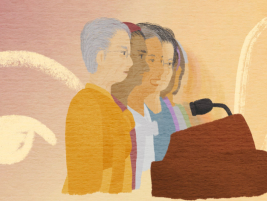
- The “comfort women” victims – Unsung heroes who came forward to fight for justice
-
Marking the 20th anniversary of the ‘Women's International War Crimes Tribunal on Japan's Military Sexual Slavery in 2000’
-
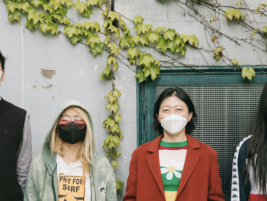
- Tell us the stories of the “comfort women” issue through music
-
How can we remember the issue of Japanese military “comfort women”? Talking about an issue involves the processes of embracing it as one's own, facing it, and contemplating on it. In December 2019, a compilation album [Tell the Story - The Third Compilation of Songs] commemorating the Japanese military “comfort women” victims was released with the participation of about 30 musicians.